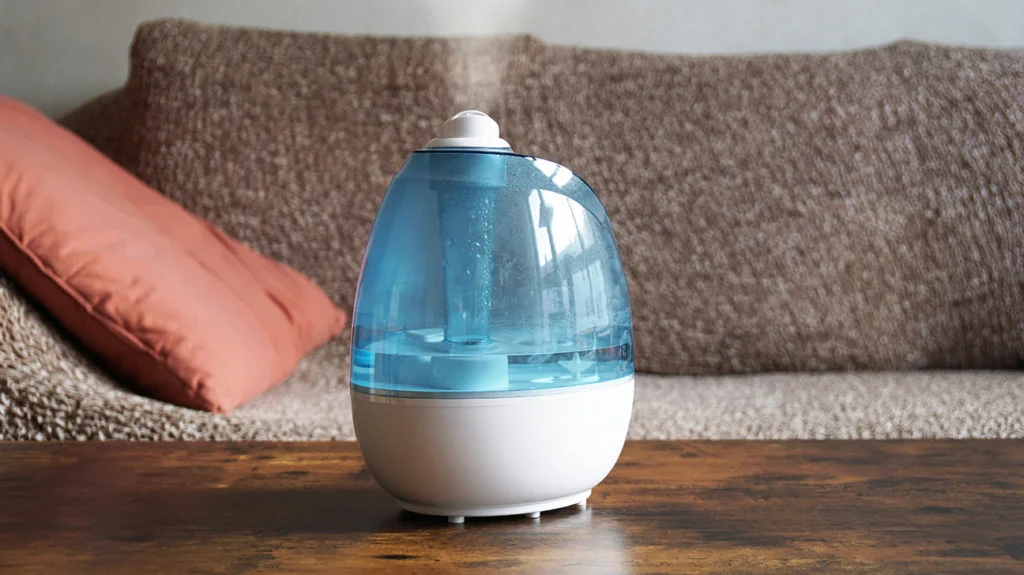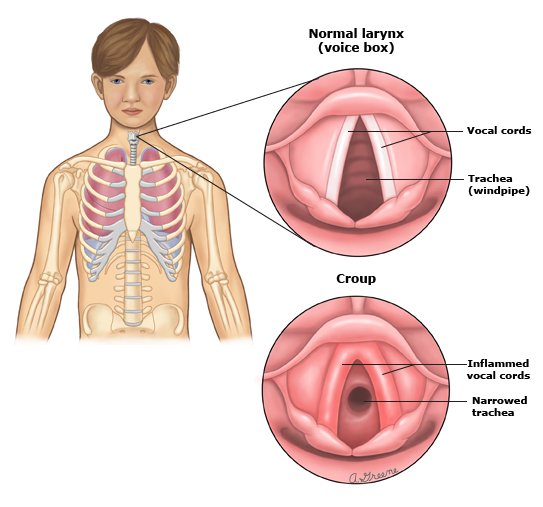
Treating Croup at Home: NHS Advice for Parents
Expert NHS guidance on managing croup symptoms at home, including proven techniques for steam therapy, positioning, and when to seek medical help.
Understanding Home Treatment
Most cases of croup can be effectively managed at home with proper care and attention. As an NHS consultant with extensive experience in pediatric respiratory conditions, I'll guide you through evidence-based home treatments that can help ease your child's symptoms and promote recovery.
Immediate Steps When Croup Symptoms Appear
When you first notice the characteristic barking cough or stridor (noisy breathing), stay calm. Your composure will help your child breathe more easily. Here are the immediate steps to take:
- Keep your child upright or slightly reclined
- Ensure the room temperature is comfortable (around 18-20°C)
- Open windows briefly to allow fresh air circulation
- Offer frequent sips of water or age-appropriate fluids
Steam Therapy: Benefits and Safe Application
While the evidence for steam therapy is mixed, many parents find it helpful in managing croup symptoms. If you choose to try steam therapy, follow these safety guidelines:
- Sit in a steamy bathroom with your child for 10-15 minutes
- Run a hot shower while sitting away from direct hot water
- Use a cool mist humidifier in the bedroom (easier to clean than warm mist)
- Never leave your child alone with steam therapy equipment
Proper Positioning for Easier Breathing
The way your child sits or lies can significantly impact their breathing comfort. Recommended positions include:
- Sitting upright or slightly reclined at a 30-45 degree angle
- Using pillows to support an elevated position during rest
- Holding young children upright against your chest while awake
- Avoiding completely flat positions that may increase coughing
Maintaining Good Hydration
Keeping your child well-hydrated is crucial during a croup episode. Adequate fluid intake helps:
- Thin mucus secretions for easier breathing
- Prevent dehydration from increased breathing effort
- Soothe irritated throat tissues
- Support the body's natural healing processes
Medication Guidelines
While medication isn't always necessary, certain over-the-counter options may help:
- Paracetamol or ibuprofen for fever and discomfort (follow age-appropriate dosing)
- Avoid over-the-counter cough medicines unless specifically prescribed
- Never give aspirin to children under 16
- Keep track of medication timing and dosages
Creating an Optimal Home Environment
Your home environment can significantly impact your child's comfort and recovery:
- Maintain consistent room temperature (not too hot or cold)
- Ensure good ventilation without creating drafts
- Keep the air clean and free from irritants (no smoking)
- Consider using a humidifier in sleeping areas
Monitoring Your Child's Progress
Keep track of these important indicators throughout the illness:
- Breathing rate and effort
- Temperature readings
- Fluid intake and wet nappies
- Sleep quality and duration
- Changes in cough frequency and sound
Managing Sleep and Rest
Quality sleep is essential for recovery, but croup can make it challenging. Try these approaches:
- Maintain elevated head position during sleep
- Use a cool mist humidifier overnight
- Keep the room slightly cool but comfortable
- Stay within hearing distance to monitor breathing
When to Seek Medical Help
While most croup cases can be managed at home, seek immediate medical attention if you notice:
- Significant difficulty breathing or rapid breathing
- Blue-tinged lips or fingernails
- Unusual drowsiness or difficulty waking
- Inability to drink fluids
- Stridor (noisy breathing) at rest
- High fever not responding to medication
Remember, these home treatment guidelines are for mild to moderate croup symptoms. Always trust your instincts as a parent – if you're seriously worried about your child's condition, seek medical help immediately. For severe symptoms or breathing difficulties, call 999 or visit A&E.
Related Articles

By STDr. Sarah Thompson
Emergency Signs: When Your Child Needs Immediate Care
Critical symptoms that require urgent medical attention - know when to call 999 or go to A&E immediately.

By ERDr. Emma Roberts
Preventing Croup: Essential Tips for Parents
Practical strategies to reduce the risk of croup, including hygiene practices, environmental factors, and lifestyle changes.